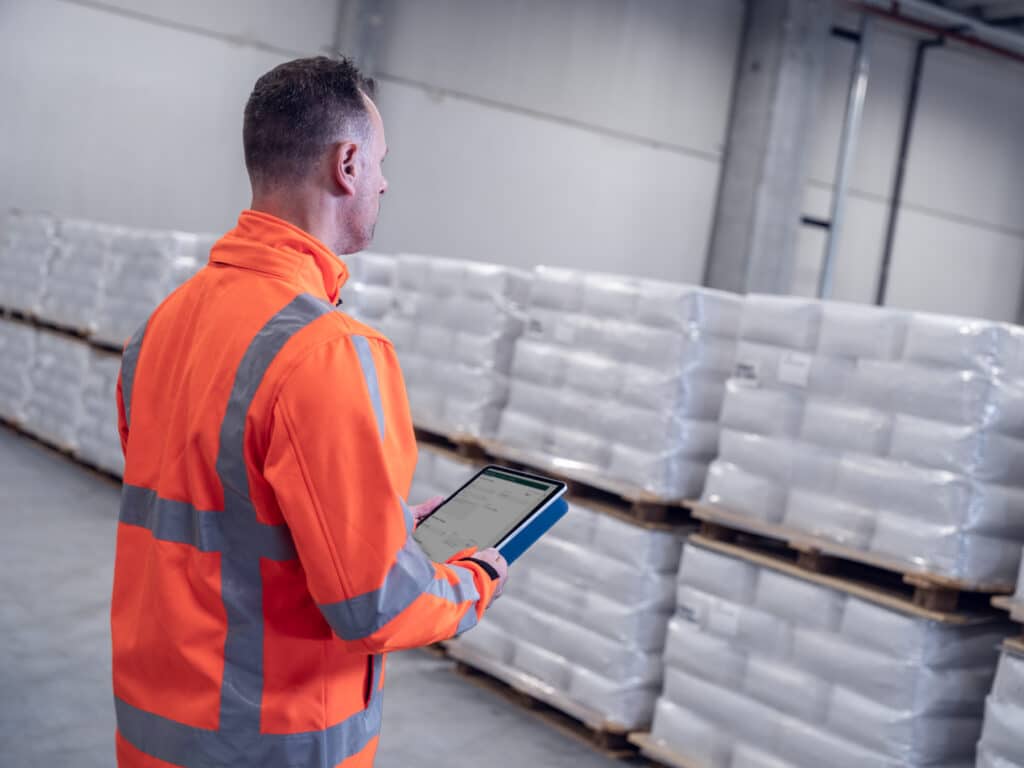The cost of shipping containers peaks during our recent global disruptions. The average port-to-port spot prices from Shanghai to Rotterdam have skyrocketed from $1,800 in early 2020 to more than $12,000 in July.
This development means that the total cost of container transport has risen by more than 500%. In addition, UNCTAD (United Nations Conference on Trade and Development) warns us that global consumer prices will continue to rise in our current year, 2022. This will lead to significantly lower profit margins and will put pressure on the logistics supply chain. This will mean that other solutions for trading goods from Asia to Europe will be especially attractive to producers of and traders in bulk.




